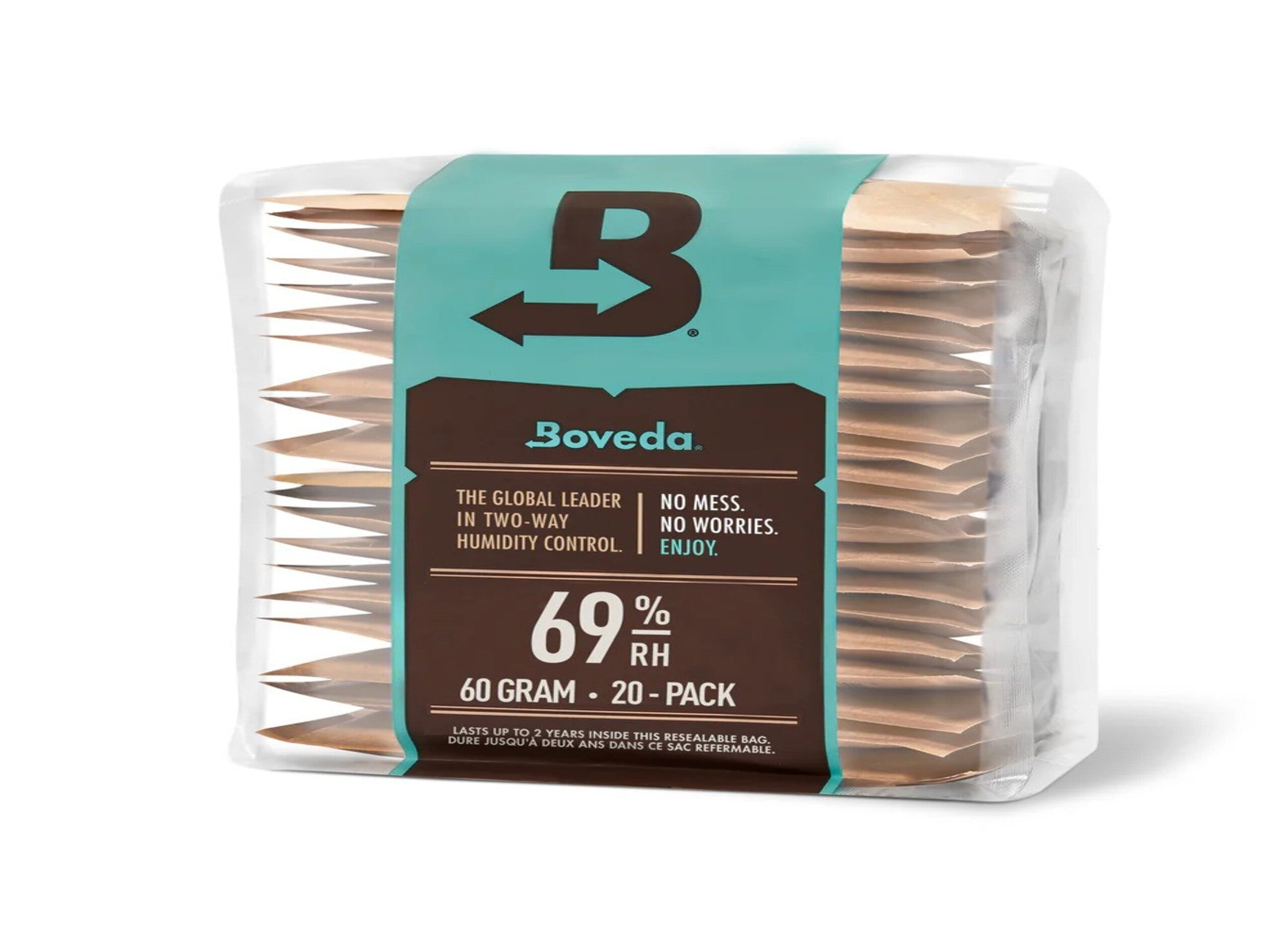Table of Contents
As the cannabis industry matures, sustainability has become a critical consideration for packaging decisions. Consumers increasingly demand environmentally responsible options, while brands seek to differentiate themselves through eco-friendly practices. Certifications provide third-party verification of sustainability claims, helping brands avoid greenwashing while building consumer trust.
Understanding Sustainability Certifications in Cannabis Packaging
Sustainability certifications serve as independent verification that packaging meets specific environmental standards. These certifications evaluate factors like material composition, production methods, end-of-life options, and overall environmental impact. For cannabis brands navigating the complex landscape of compostable versus recyclable packaging options, certifications provide clarity and credibility.
According to research, certified sustainable packaging can increase consumer purchase intent by up to 45% in environmentally conscious markets. This explains why many cannabis brands are investing in sustainable packaging to boost their brand image and connect with eco-conscious consumers.
Compostability Certifications: BPI and TÃœV Austria
Biodegradable Products Institute (BPI)
BPI certification verifies that packaging will completely break down in commercial composting facilities within a specific timeframe. For cannabis packaging to earn BPI certification, it must:
- Disintegrate during composting so that no large plastic fragments remain
- Biodegrade quickly into carbon dioxide, water, and biomass
- Leave no toxic residue that might impact the quality of the finished compost
- Meet ASTM D6400 or D6868 standards for compostability
TÃœV Austria (OK Compost)
TÃœV Austria offers several certification options, including:
- OK Compost INDUSTRIAL: For packaging that composts in industrial facilities
- OK Compost HOME: A stricter standard for packaging that will break down in home composting systems
- OK Biodegradable SOIL/WATER: For packaging that biodegrades in natural environments
Recyclability Certifications and Standards
While many packaging materials claim to be recyclable, certifications provide assurance that they can actually be processed in existing recycling systems.
How2Recycle
This standardized labeling system clearly communicates recycling instructions to consumers. How2Recycle labels indicate:
- Which packaging components are recyclable
- How to prepare the packaging for recycling
- Whether the item is widely accepted in recycling programs
For cannabis brands looking to implement more efficient filling processes while maintaining sustainability standards, automated packaging equipment can help reduce material waste and improve precision in packaging operations.
Recycled Content Certifications
Several organizations certify the percentage of recycled content in packaging:
- SCS Recycled Content Certification
- UL Environmental Claim Validation
- NSF Sustainability Certification
These certifications verify claims about post-consumer and post-industrial recycled content, providing transparency about material sourcing. When exploring eco-friendly materials for cannabis packaging, these certifications help identify truly sustainable options.
Material Sourcing Certifications
Forest Stewardship Council (FSC)
For paper-based cannabis packaging, FSC certification ensures materials come from responsibly managed forests. FSC offers several certification types:
- FSC 100%: All materials come from FSC-certified forests
- FSC Recycled: Contains 100% recycled content
- FSC Mix: Combination of FSC-certified, recycled, and controlled sources
USDA Biobased
This certification indicates the percentage of a product derived from renewable biological resources. For cannabis packaging made from bioplastics and other plant-based materials, USDA Biobased certification confirms the renewable content percentage.
Carbon Footprint Certifications
As cannabis brands focus on measuring and reducing their carbon footprint, several certifications help validate these efforts.
Carbon Trust Standard
This certification recognizes organizations that measure, manage, and reduce their carbon emissions year over year. For packaging suppliers, it demonstrates a commitment to continuous improvement in carbon reduction.
Carbon Neutral Certification
Organizations like Climate Partner and Carbon Trust certify products or companies as carbon neutral when they offset their emissions through verified carbon offset projects.
For cannabis brands working to balance compliance requirements with sustainability goals, these certifications provide a framework for addressing the packaging dilemma between regulatory demands and environmental responsibility.
Implementing a Certification Strategy for Your Brand
Developing an effective certification strategy requires understanding both regulatory requirements and consumer expectations. Brands should:
- Audit current packaging against certification standards
- Prioritize certifications based on target market values
- Work with suppliers who maintain certification documentation
- Communicate certifications clearly without greenwashing
Many successful cannabis brands have already implemented certification strategies, as shown in case studies of brands winning with eco-friendly packaging.
When communicating about certifications, brands should be careful to avoid greenwashing. The FTC's Green Guides provide direction on making environmental claims, and brands should follow best practices for communicating sustainability without misleading consumers.
As the cannabis industry continues to evolve, certification requirements will likely become more stringent. Brands that proactively adopt certified sustainable packaging now will be better positioned to meet future regulatory requirements and consumer expectations. By investing in properly certified sustainable packaging, cannabis companies can demonstrate their commitment to environmental responsibility while building consumer trust and brand loyalty.











Leave a comment
All comments are moderated before being published.
This site is protected by hCaptcha and the hCaptcha Privacy Policy and Terms of Service apply.